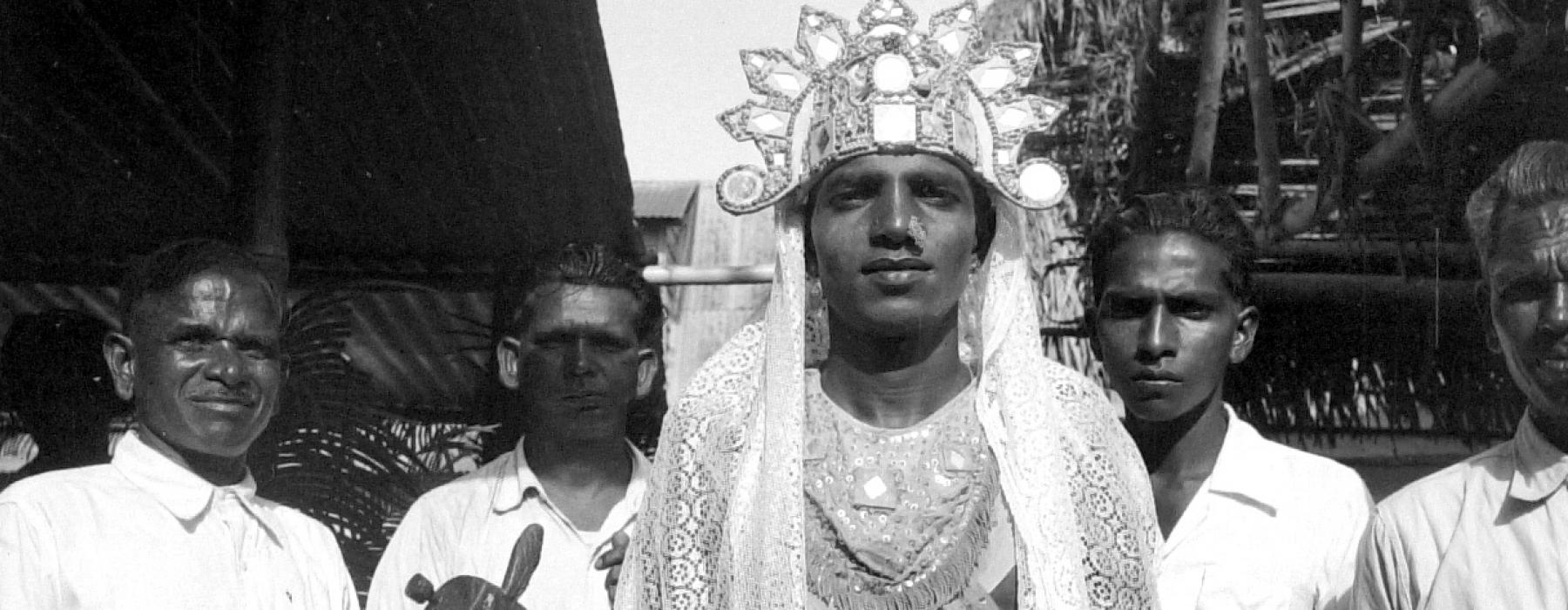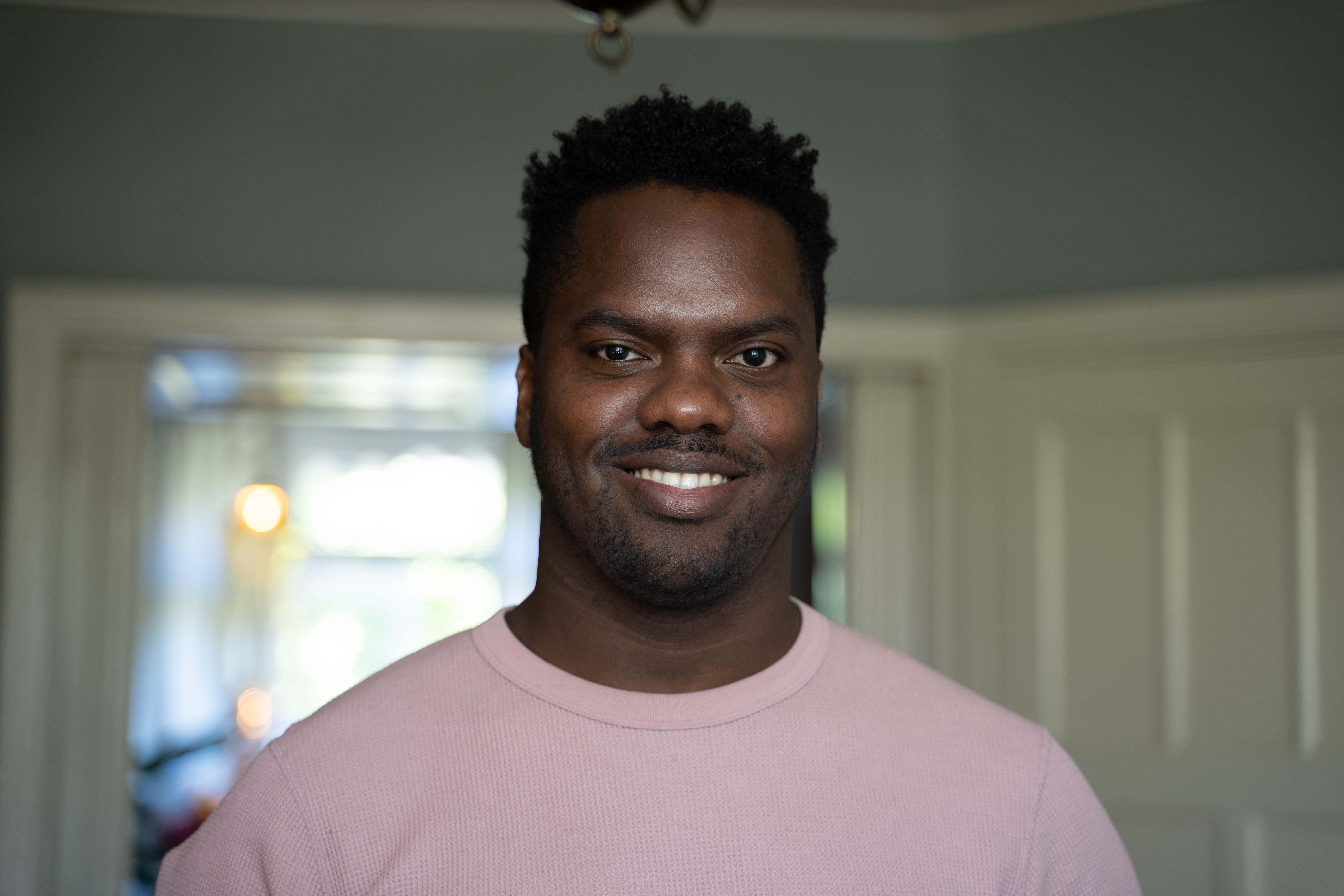
Following on our first conversation with Secretary Dr. Lonnie G. Bunch III, Melanie Keen, Nawal Mustafa, Quinsy Gario, Stijn Schoonderwoerd and Wayne Modest; this conversation focuses on the notion of institutional racism and how we might reimagine our institutions to better cater to anti-racist work.
Some of the questions we hope to engage with, are:
- How might we fashion anti-racist futures and what type of institutions do we need? Or what type of work must be done to make these futures possible?
- What are the ongoing repercussions of the colonial foundations of our institutions?
- What role can curation play in anti-racism and how might we imagine an anti-racist collection contributing to an anti-racist world?
- Are there alternative modes of organizations that people have been setting up to unlearn racism and do anti-racist work?
While the scale and intensity of the current anti-racism mobilization were undoubtedly exceptional, the critique of museums could be seen to form part of a much longer history of institutional critique that have questioned their role in perpetuating colonial ideologies.

